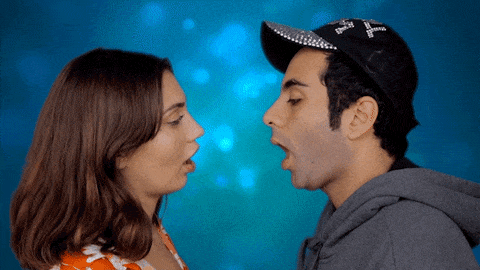Sangoma wrote: ↑Mon Mar 01, 2021 1:04 amThis is a philosophical question as much as a medical one. All living organisms live in constant interaction with each other, and viruses, parasites and bacteria are part of that. As civilisation developed we interfered with the natural course of life, death and health considerably. The question is, what's the overall effect of this intervention, beneficial or detrimental.newguy wrote: ↑Fri Feb 26, 2021 6:05 pm
Transmissions of ALL types of illness at schools with the "layers of mitigation" has just stopped. And it's not only because kids are not coming to school sick anymore. (Not letting them.) Those kids who get sick were in school - presymptomatic - for days. Schools are just not seeing the waves of multiple sicknesses in one class (spread) at all because illnesses are not getting to spread like they used to. Kid gets sick at soccer or from cousins. Comes to school, classmates are not getting sick.
Again, schools that are using the current strategies.
Word on the street is we might be getting more directive that use of the mask combined with constant hand washing and cleaning is what is doing it - not as much the social distancing of classrooms.
Exposure to bugs modifies the immune system. That's why as you gel older you get sick less. And that's why flu mortality is so high in the old - the bugs that manage to get through their immune system are super aggressive.
What's the long term effect of reducing respiratory infections among school kids? There are couple of studies demonstrating that kids with better hygiene tend to get more respiratory infections and, more significantly, asthma. It seems the immune system needs to be occupied with something or it will turn on its own host. Will the reduction of exposure to viruses lead to more auto-immune disease in the future?
Nobody knows. What looks good in the short term may turn out to be detrimental some time later. And vice versa.
Now, I am not saying ignore covid and don't worry about the prevention of infection at all. I think though that it would be useful to also look at ways to strengthen the immune system, not only fence it from threats. Sauna, fasting, regular exercise, sleep, exposure to sunlight, cold exposure, managing stress etc., in no particular order. Vaccination is great, and vaccines saved millions of lives, no doubt about it. The question is, what if the virus mutates sufficiently to make tge current vaccine ineffective? What do you do then?
Yeah. I get what you are saying. And there are cultural differences as well I am sure.
Here in the US, up until last year it was more than culturally acceptable to come to school sick. Blood or fever, stay home. Hacking so hard you can't stand....stay home. But actively symptomatic with coughing, running nose, etc....get to school. Students and teachers.
No one died. But schools would have waves of flu, waves of stomach bugs, waves of coughs regularly.
So I guess the question is - is stopping all this a good thing? And from what you are posting it's not a clear cut answer. Stopping illness may not benefit us in the long run.



